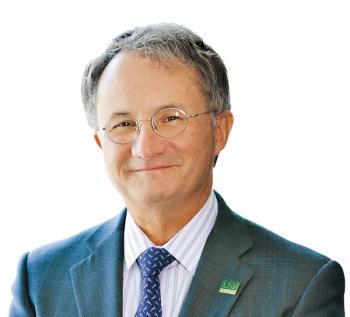
After 20 years as editor-in-chief, Dr. Lockwood announces that he has stepped down and reflects on his time with the magazine.
Dr. Lockwood, Editor-in-Chief, is Dean of the Morsani College of Medicine and Senior Vice President of USF Health, University of South Florida, Tampa. He can be reached at DrLockwood@ubm.com.

After 20 years as editor-in-chief, Dr. Lockwood announces that he has stepped down and reflects on his time with the magazine.

We have the power to mitigate the adverse impact of rapid advancement in information technology.
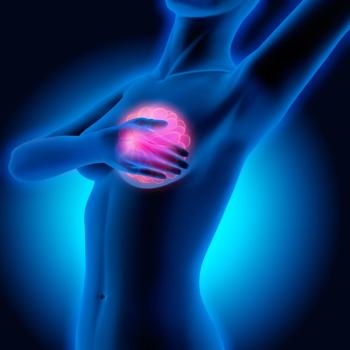
Almost 25% of women with breast cancer have a family history of the disease and, those who do have a higher risk of developing cancer.
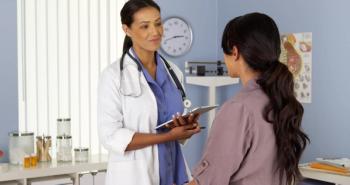
As more patients turn to ob/gyns for wellness exams, physicians need to stay up-to-date on current recommendations.

In the second part of this series, potential solutions to fix the rising drug cost problem are examined.

The economic impact of drug costs and how we got here are examined in the first of a two-part series.

Faced with the rapid increase in a potentially deadly-but preventable-congenital disease, it’s time for states to take action to require appropriate screening

As more states turn to punitive policies to discourage OUD among pregnant women, Dr. Lockwood and Dr. Wolfson examine what the ob/gyn's role in the debate should be.

Ob/gyns have the mental make-up to thrive in medicine but success requires tenacity

In this interview, editor-in-chief Charles J. Lockwood reviews key changes in guidelines for preventive screening throughout a woman’s lifespan with experts in internal medicine and ob/gyn.
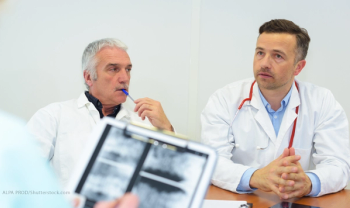
Leveraging maternal mortality review committees in every state is the key to reducing rising rates of maternal mortality in the United States.
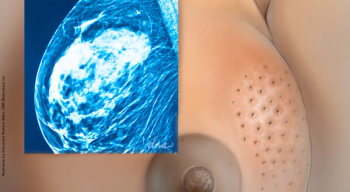
Mammography is just one tool that ob/gyns should be using for breast cancer prevention and risk stratification.
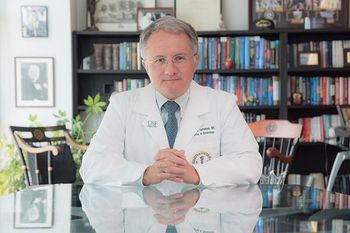
"As academics and health care providers, who are training the next generation of leaders, educators and professionals, we must demonstrate and insist on behavior and rhetoric that enable tolerance and change for the better."
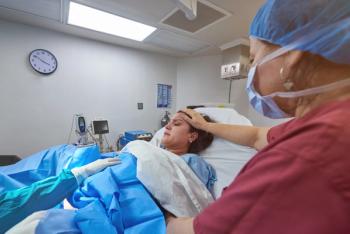
Recent studies underscore the benefits of induction at 39 weeks in healthy nulliparas but the decision to deliver should remain up to the mother.

More than half of rural counties in the United States have no hospital obstetrical services, many remaining services are closing at a frightening pace, and maternal and perinatal mortality and/or morbidity are rising as a consequence.

Since hormonal contraception was introduced in the 1960s, the risks and benefits of the drugs have been the subject of considerable, and at times acrimonious, debate.

From our own experience in academic medicine, Dr. Ed Funai and I can vouch for the fact that most medical students are going into medicine for the right reasons-to help others via a career wedded in both science and humanity. Ironically, those same medical students are also experiencing record levels of burnout, substance abuse and depression as they enter their third and fourth years.

In the second part of Dr. Lockwood's editorial on opioids, he discusses steps that ob/gyns can take to help limit opioid use disorder in our pregnant and non-pregnant patients.

Like the road to hell, the road to the opioid crisis was paved with good intentions.

Seven strategies to fight the rising tide.

Academic medicine is facing a funding crisis that's going to take some creativity to resolve.

In his August 2013 editorial, editor in chief Dr. Charles Lockwood discusses recent findings that obese women have a higher risk of extremely early preterm delivery.

Physicians should be no strangers to change, but recent events have led to an period of uncharacteristic uncertainty.

Are you wondering what the recent ACA Supreme Court decision means for OB/GYNs? Contemporary OB/GYN's editor-in-chief tries to figure it out.

In this protocol, Dr. Lockwood reviews the pathophysiology, diagnosis, and treatment of autoimmune disease in pregnancy. Included are guidelines for management of systemic lupus erythematous (SLE), rheumatoid arthritis (RA), scleroderma, and rarer autoimmune disorders.

The debate over universal screening for maternal hypothyroidism has raged for years. Recent concrete data points to just testing at-risk mothers.

Published: July 15th 2016 | Updated:

Published: August 1st 2013 | Updated:

Published: November 1st 2013 | Updated:

Published: August 1st 2012 | Updated:

Published: August 1st 2012 | Updated:

Published: September 1st 2012 | Updated: